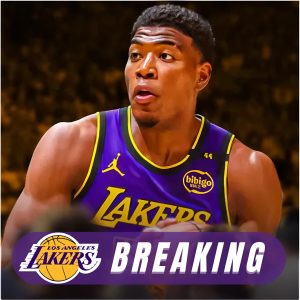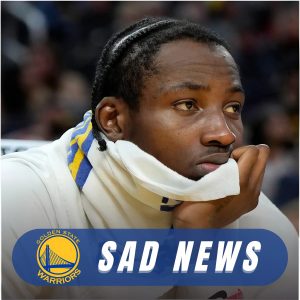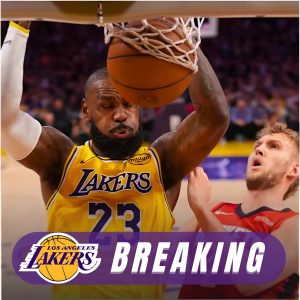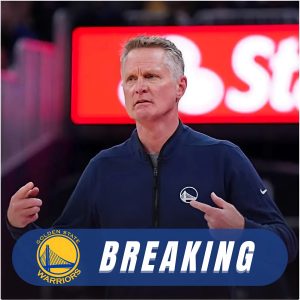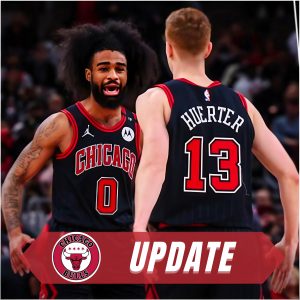Gilbert Arenas has never been one to shy away from controversy, and this time, he’s backing LeBron James in one of the NBA’s longest-standing conspiracy theories — that the NBA Draft is rigged.
During a candid appearance on Vlad TV, Arenas echoed LeBron’s recent comments suggesting that the league may have orchestrated the 2003 Draft to ensure James landed in Cleveland. For both men, it’s less about provable facts and more about understanding how business works behind the scenes.

“Hey, a business is a business, right? I mean, it’s a business, right? Like, let’s just be honest. I can’t say if this is a real thing, but if I’m in charge, I have 30 owners that I’m supposed to make happy, right?”
“You know, when you’re talking about Roger Goodell and all them, they actually work for the owners. And the NBA is a club—no different than Soho Club—and it’s a club here, and I’m selling you on this club, which means I have to make sure everyone’s meeting their needs.”
“At the end of the day, everyone’s eating fairly to their business. Of course, we’re going to have some bigger fish inside of this club, but the little fish are not going to suffer.”
“Sometimes you might have to sacrifice a star or two to put them over here so we can use this star in this era—I mean this team—so I can take that, get these outside endorsements, which feeds everybody, right?”
“It’s the concept of actual business, even though it’s sports.”
“So if, you know, we have a Cleveland and you’ve got the number one player in the country in your backyard, and that city is suffering—and they’ve been suffering for years—and the owner’s been loyal, he hasn’t really complained… then hey, you know, if it bounces Cleveland, it bounces Cleveland… I would do it.”
LeBron set off this discussion during an appearance on the Pat McAfee Show, where he jokingly, yet pointedly, said, “During the lottery drop, Cleveland got the No. 1 pick and I don’t think that was an accident.”
The 21-time All-Star’s comments stirred up decades-old rumors that the league orchestrates lottery results to boost struggling markets or generate buzz by placing superstars in ideal locations — like LeBron to Cleveland, Derrick Rose to Chicago in 2008, or Patrick Ewing to the Knicks in the infamous frozen envelope draft of 1985.

From a business standpoint, the idea makes some sense. LeBron was the most hyped prospect since Jordan and grew up just 45 minutes from Cleveland. The Cavaliers were a struggling franchise with little national relevance, and landing LeBron immediately transformed them into a marquee team.
Arenas believes that kind of payoff — ticket sales, national TV slots, jersey revenue — is worth a little “luck” falling in the right place.
Of course, the lottery system does rely on probability. The Cavaliers had the second-worst record in the league in 2003, giving them a 22.5% chance to win the top pick. But as LeBron pointed out, if ratings and star placement were the true priorities, he could have easily gone to the Knicks, Bulls, or even the Heat. Instead, it was Cleveland — the least glamorous of the bunch — that got their hometown hero.
Whether or not the draft was truly rigged may never be known, but what’s clear is that both Arenas and LeBron believe there’s more to it than ping-pong balls. In their eyes, it’s about market leverage, business sense, and ensuring the NBA’s 30 franchises stay financially healthy — even if that means tilting the scales from time to time.
